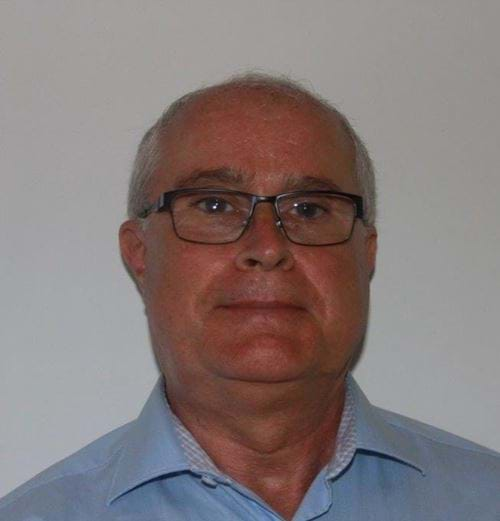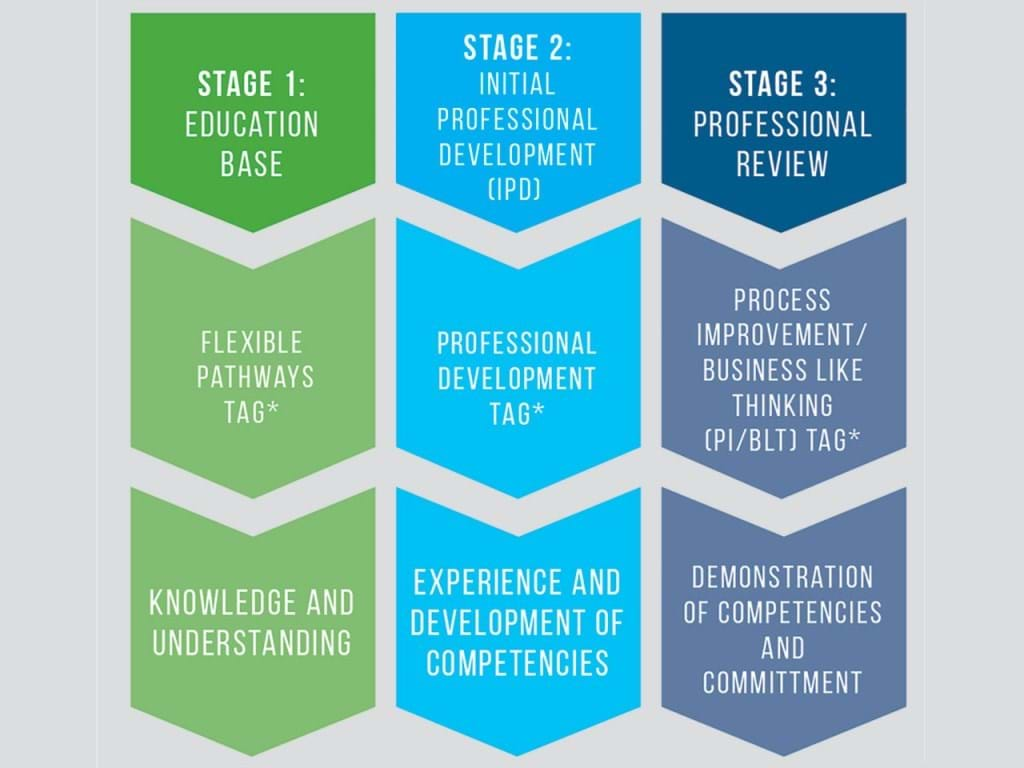GUEST BLOG: More SMART thinking

3rd March 2021
In this blog, IChemE’s Vice President (Qualifications), Ainslie Just, provides an update on our Programme SMART.

Name: Ainslie Just
Job title and organisation: Largely retired, but currently Principal Advisor, Phronis Consulting
IChemE roles: Vice President (Qualifications); Global Registrar, Professional Formation Forum (PFF); Australian Board member; Queensland Members Group committee member
Bio: I graduated from the University of Adelaide with a BE Hons in Chemical Engineering, and a BSc. I worked in the chemical and plastics manufacturing sector for almost 20 years before moving into consulting, where my focus has been mainly in environmental and risk management.
A year ago, I wrote an article on behalf of IChemE volunteers who are steering Programme SMART, which is a series of projects designed to deliver sustainable membership growth.
Since then, we have been developing and piloting processes and working with IT developers to turn these plans into reality. These changes are about to be rolled out, and so it’s timely that I provide a recap and update, for the benefit of anyone considering making an application to join IChemE, or transferring from one grade to another.
As we prepare to roll out our new membership application system, which will replace our current Member Application Review System (MARS), there are some immediate impacts:
- We are no longer in a position to accept applications for Chartered/Professional Process Safety Engineer that require a Technical Report – instead, these candidates will now need to await the launch of the Individual Case Procedure, which will provide a more transparent and accessible route for those without an accredited chemical engineering degree.
- All other candidates were able to apply in our current system and format until 26 February. Between 26 February and 6 April, we will not accept membership applications.
As we approach 6 April, additional forms and guidance materials will be published on our website, and we ask that you continue to check in on progress on a regular basis. The most important change to note is that for professionally qualified grades, we will be moving to a three-stage process. Please note that stages 1 and 2 may be carried out simultaneously, but must have been fully completed before stage 3 can be commenced.

What does this mean for you?
Stage 1 – Educational Base
If your qualifications are accredited by IChemE as fully meeting the requirements for the grade you are applying for then you have fulfilled the educational base requirements and are exempt from this stage. Otherwise, you must apply through the new Individual Case Procedure (ICP). For more information read our Individual Case Procedure blog. Please note that you must be in membership (including either affiliate or associate level) already before commencing the Individual Case Procedure.
Stage 2 – Initial Professional Development
If you are registered on, and have successfully completed an IChemE ACTS Scheme then you have fulfilled the requirements for Initial Professional Development – you will need to provide proof of completion in an agreed format, but no further activity (or assessment) is required.
All other candidates will need to complete a form for assessment, which demonstrates that they have self-managed their own Initial Professional Development. More information can be found in the article Streamlining Chartered Membership on The Chemical Engineer's website.
Stage 3 – Professional Review
As is required in our current process, candidates will need to provide referees and a verified Competence and Commitment Report, and attend a professional review interview. For now, the format of the Competence and Commitment reports remain unchanged, with the exception of Professional Process Safety Engineer applications. However, it’s anticipated that later in 2021, some changes will be made to bring them into line with changes to UK-SPEC, and we will inform you of these separately.
The most important change to the Professional Review is that we aim to complete the process within three months, from submission to decision by the Professional Formation Forum.
The most important change to the Professional Review is that we aim to complete the process within three months, from submission to decision by the Professional Formation Forum. This will mean candidates will ideally submit a Competence and Commitment report that’s right first time, but should revision or further information be required, they will need to be prepared to react swiftly. We will accept applications and hold interviews according to a scheduled and published calendar.
Member volunteers
Clearly, the change to our processes means changes to some of our volunteer roles, and we have communicated with volunteers individually about this. If you currently volunteer and are not clear on what these changes mean to you, or are not currently involved in the peer review of our membership applications but would like to be, then please contact volunteer@icheme.org or look at the volunteer roles on offer at www.icheme.org/volunteer for a list of the roles in recruitment.
Should you have any immediate questions regarding the upcoming changes, please email members@icheme.org and continue to check the membership pages of the website for further changes.
This article also appeared in the latest issue of The Chemical Engineer.